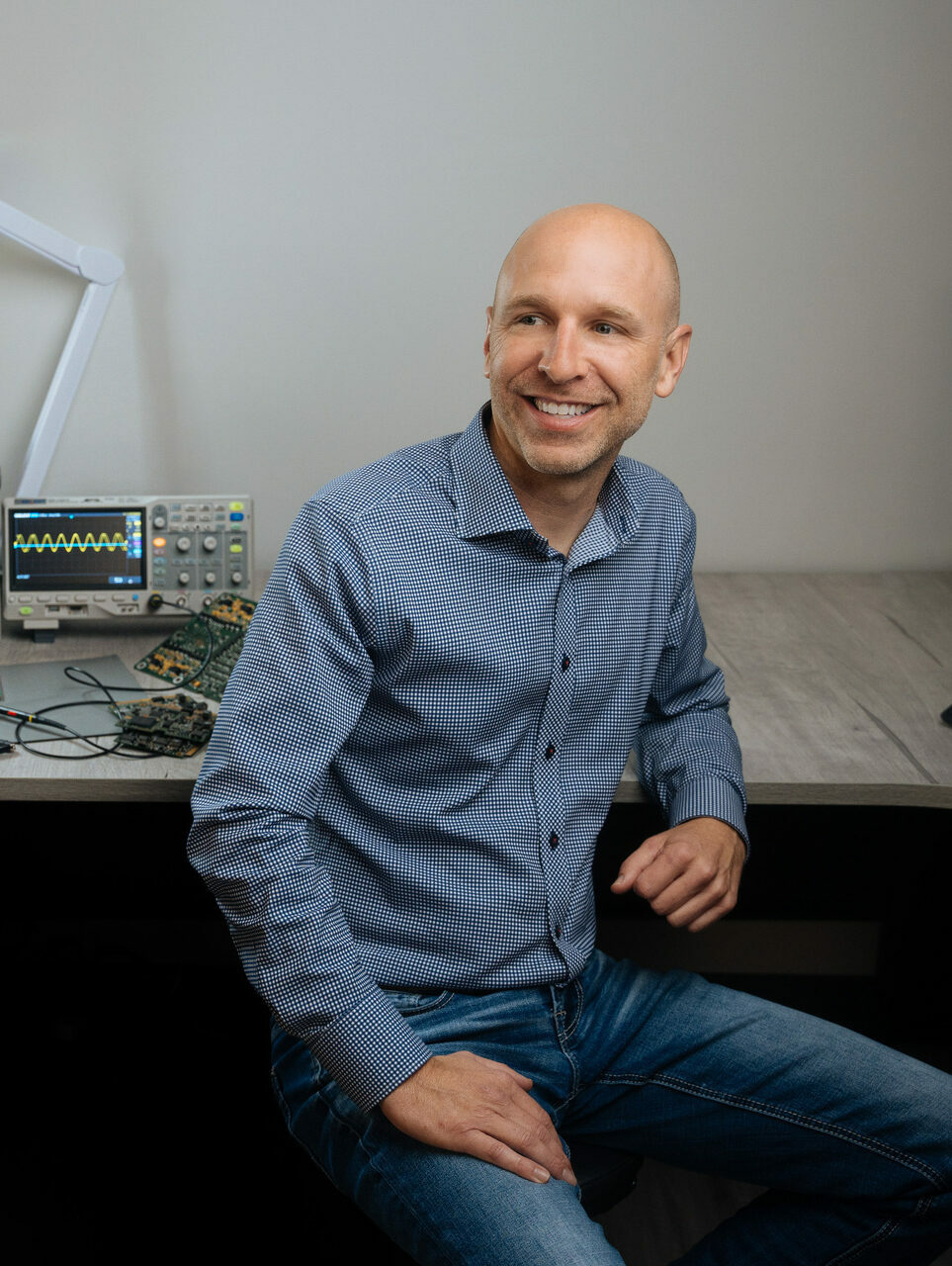Can you describe your experience in attracting and recruiting top talent?
Our recruiting strategy has been a critical component of our success, even if we didn't have a clearly defined strategy initially. Often, you can look back and discern what your strategy was in retrospect. Early on, we were primarily seeking like-minded individuals who shared our core values and commitment to taking care of people. Our current vision statement, "care, serve, restore," has been consistent from the beginning.
We didn't prioritize specific skill sets at the outset. We focused on the three C's: character, culture, and competency. We aimed to find people who could learn and adapt, and we would figure out their roles as we continued to grow. In the early days, when there were just a few of us, everyone did whatever was necessary, from answering phones to taking out the trash, and we trained people along the way.
As our team grew to around 25 people, our needs evolved. We started requiring dedicated roles like an IT manager, web developers, and specialized software engineers. However, this shift in focus on skill sets didn't overshadow the importance of cultural fit and character. Simon Sinek's Performance vs. Trust graph strongly resonates with us, emphasizing the significance of trust, especially when dealing with high-performing team members.
What initiatives or strategies have you implemented to improve employee retention within the teams you've managed?
Recruiting is like dating; you see a person's best side, but you learn much more about them after you're committed, just as you would in a marriage. Retention, on the other hand, is about safeguarding that relationship and understanding what's important to each other. It's a process of mutual service and care.
On the employer's side, the most crucial thing is knowing that the person truly wants to be there. It's not just about fulfilling a short-term need or putting food on the table; it's about genuine commitment. Once we establish that desire to be a part of our team, we adapt and align our interactions with the individual's preferences, akin to speaking their "love language."
We value relationships over transactions in our culture, but it's important to note that a transactional approach, like Amazon's, can also be successful. However, in our business, we prioritize building meaningful relationships with customers, teammates, and suppliers. Knowing personal details about our coworkers and understanding what's important to them is significant. When we discover that someone genuinely wants to be a part of our organization, our goal shifts from being just a temporary employee to someone who envisions retiring with us at Circuit Board Medics.
We’ve heard from many founders that developing their workforce has become more challenging post-COVID. What was your experience during COVID?
During COVID, we hired skilled individuals without a predefined strategy. We looked back and realized our core values. Instead of defining who we wanted to be, we examined how we'd been operating. We've always prioritized relationships over transactions. In the pandemic, we hired people from struggling industries, like aviation.
Before COVID, we read "The 4 Disciplines of Execution," focusing on Wildly Important Goals (WIGs). When the pandemic hit, we changed our WIG to protect jobs. We divided our facility into four self-sustaining quadrants, aiming to maintain operations even if one quadrant shut down temporarily.
Our goal was to keep work flowing and protect jobs. We adapted, worked weekends, and implemented alternating shifts. We didn't lay off anyone during COVID and even gained new talent.
Our purpose was to demonstrate that they didn't need to return to their struggling industries. Despite our smaller size, we've become an attractive option for talent from larger companies.


How has the preference for remote work affected your recruitment process?
As a manufacturer, we didn't have many opportunities for remote work, except for some back-office roles like accounting and IT, which could be done remotely or in a hybrid manner. During COVID, when our top priority was protecting jobs, we shifted to remote work as much as possible because of the uncertainty about who might have been exposed to COVID. However, what we learned was that when employees weren't in the office, their influence on the organization's dynamics diminished.
Despite being more focused and productive in a remote setting, their voices and leadership influence weren't as impactful throughout the organization as when they were physically present. There's a balance to strike, but we noticed that being present in the office was essential for maintaining strong relationships and influence among team members.
On the flip side, I had a stellar customer support agent whom we'd promoted to a project management role. She approached me a few months before COVID, saying her husband had a job opportunity in Washington State, and asked if she could work remotely. Initially, I was skeptical about remote work and said no.
However, as the pandemic hit and we all started working remotely, I had a change of heart. After about a month, I called her and asked her to reconsider. I hoped she hadn't found a new job yet and expressed my desire for her to work remotely. She's still with us today, working from Washington State, and the experience has shown that remote work can be effective.
It really depends on the role and the candidate’s goals. Take, for example, a junior accountant with aspirations to become a CFO. In our organization, that progression won't happen if they're working remotely. This is because roles like the CFO require more than just business influence; they require people influence.
I expect my leaders to be the ones who make others valuable, as Peyton Manning once said. I don't anticipate that your mere presence will double our revenues. Instead, I want your presence to empower many more people to excel and perform their jobs. This level of impact isn't attainable when you're not physically present.

Any advice, books, or resources you recommend for founders on the cusp of growing their team?
Our team is a big fan of Patrick Lencioni's work, from "The Five Dysfunctions of a Team" to his recent podcasts. We utilize Slack as our communication tool, and I've found that short, two-minute podcast-style content is great for engaging everyone and providing context. For example, we've shared Simon Sinek's insights on Performance vs. Trust, which is a brief but impactful video that circulates throughout our workspace.
Additionally, we maintain a digital company library that aligns with our core values. For instance, one of our core values is ownership, and we've incorporated concepts from books like "Extreme Ownership" and "Turn the Ship Around." From the latter, we've adopted the practice of starting conversations with "I intend to," which encourages our team members to propose solutions when presenting issues instead of expecting me to provide all the answers. This approach fosters growth, development, alignment, and continued improvement across all levels of our organization.
Any advice for founders experiencing challenges in recruitment and retention?
Prioritize trust over performance. It's easier to correct mistakes due to a lack of skill than to shape someone's character. Ensure that your team aligns with core values, even if those values stem from personal beliefs. For example, one of our core values is "people," emphasizing the importance of valuing others and serving their needs. You don't have to share the same beliefs behind the value, but you must agree to uphold it by valuing others, putting their needs first, and serving them.
Diversity in thought is important, but agreeing on how and what is done is essential. We can't have team members who are purely self-centered and don't care about anyone else. Trust derives from credibility, and credibility comes from acting in the best interest of others. If you know someone is looking out for your well-being, you'll trust and follow their lead. It's a two-way street; team members must build credibility with each other, fostering trust that is vital for teamwork and success. Trust should always be valued over mere performance.